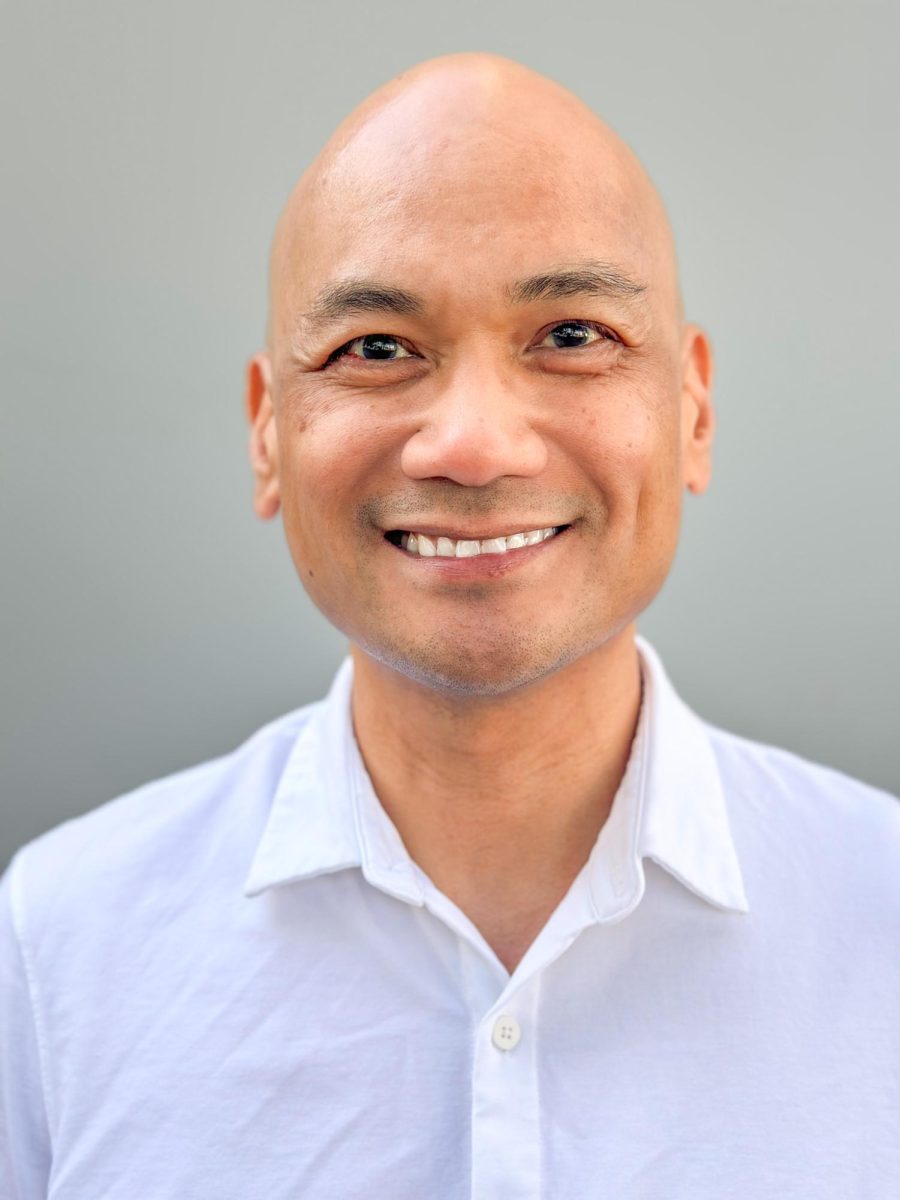Foreign Aid Once Again Becomes the Focus of Budget Cuts. This is Wrong.

Flickr
April 14, 2017
What do tea partier Marco Rubio and progressive Bernie Sanders have in common? Support for USAID.
This chief foreign aid provider has been a popular political pinata for years, but now that there is a possibility for draconian cuts to foreign aid, staunch conservatives like Marco Rubio, Mitch McConnell and John McCain have aligned with liberals in supporting aid. The reason is clear: reducing global poverty directly benefits American counterterrorism efforts and poverty-relief aid achieves US foreign policy objectives.
One reason foreign aid might be so unpopular is that Americans assume their government squanders vast sums of cash. Polls have consistently found that Americans believe US foreign aid spending is between 10 and 30 per cent of the US budget, with a majority believing such spending is wasted on a cumbersome bureaucracy.
Yet, in reality, Washington spends less than 1% of its budget on Official Development Assistance (ODA). This represents a paltry sum compared to the size of the economy–0.168% of GDP in 2015— and places it well behind most other rich countries and the UN target of 0.7%
One reason foreign aid remains popular among the foreign policy establishment is that it functions as a crucial tool to exert America’s influence. A 1999 study indicates the foreign aid has had a measurable impact on UNSC members’ likelihood to vote with the US in the UN.
Humanitarian aid can also provide a cheap alternative to military intervention. The US’ military intervention in Somalia cost upwards of $7 Billion and optimistically saved as many as 25,000 lives. By contrast, some estimate that a plan of universal vaccination against measles might cost $36 million and save 160,000 lives.
Aside from substituting humanitarian military actions, poverty relief serves US security interests in fighting terror. The 2014 Quadrennial Defense Review, states that the DoD will fulfill its responsibilities “Whenever possible…through diplomacy, economic development, cooperation and engagement.”
Such soft measures are crucial for diminishing terrorists’ recruitment pool. According to a 2015 analysis, economic stability is correlated with lower rates of terrorism. Better jobs and integration of individuals into broader society makes recruitment offers by extremists less attractive by comparison.
Strong foreign economies can provide resources for stronger democratic and political institutions that can shoulder the burden of the war on terror. There is little doubt about regional powers’ willingness to fight terrorism; reducing poverty in these regions would give the government more support and more resources to fulfill their role in the global fight against terror.
Soft power and humanitarianism are widely recognized as methods to reduce the burden on US troops. As Defense Secretary James Mattis put it in 2013, “If you don’t fund the State Department fully, then I need to buy more ammunition.”





















































































